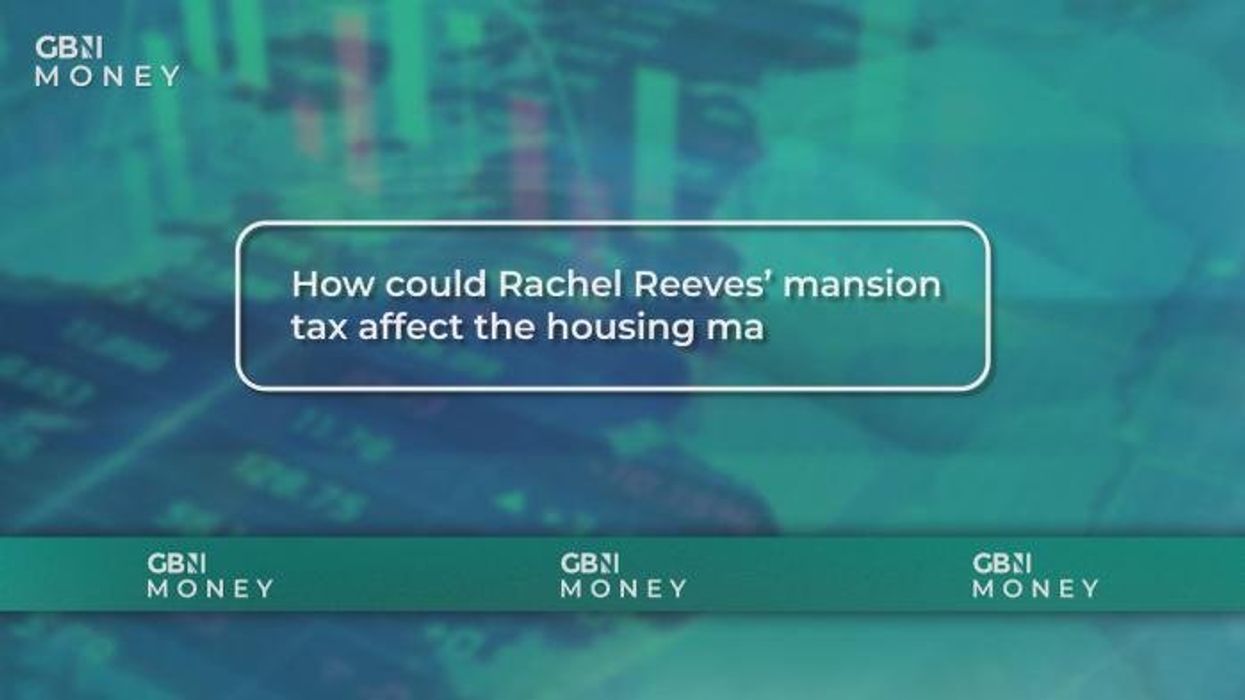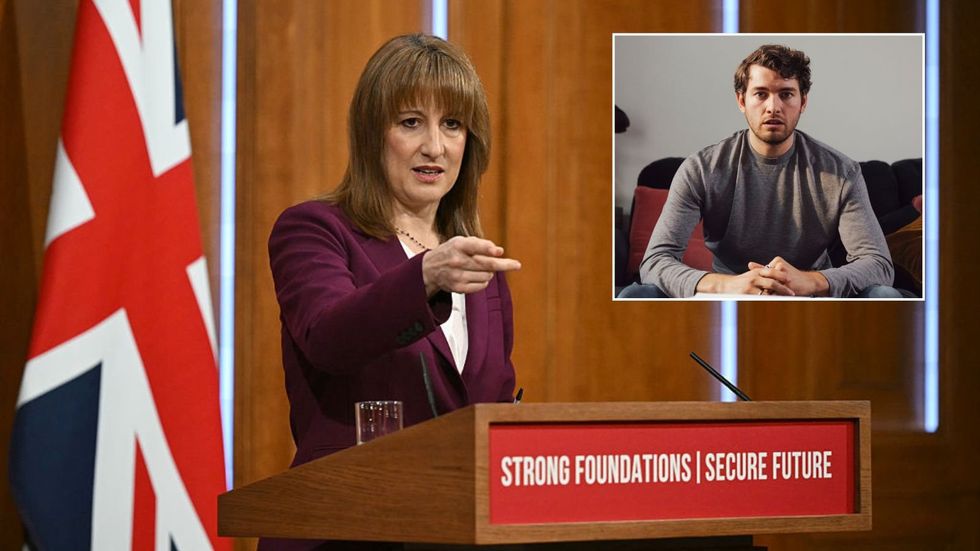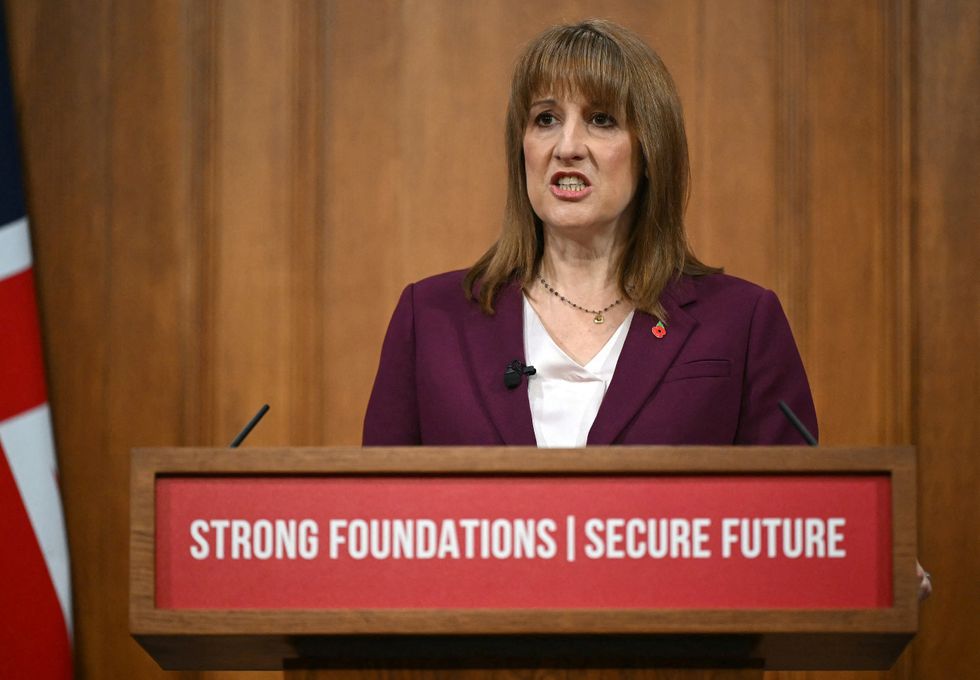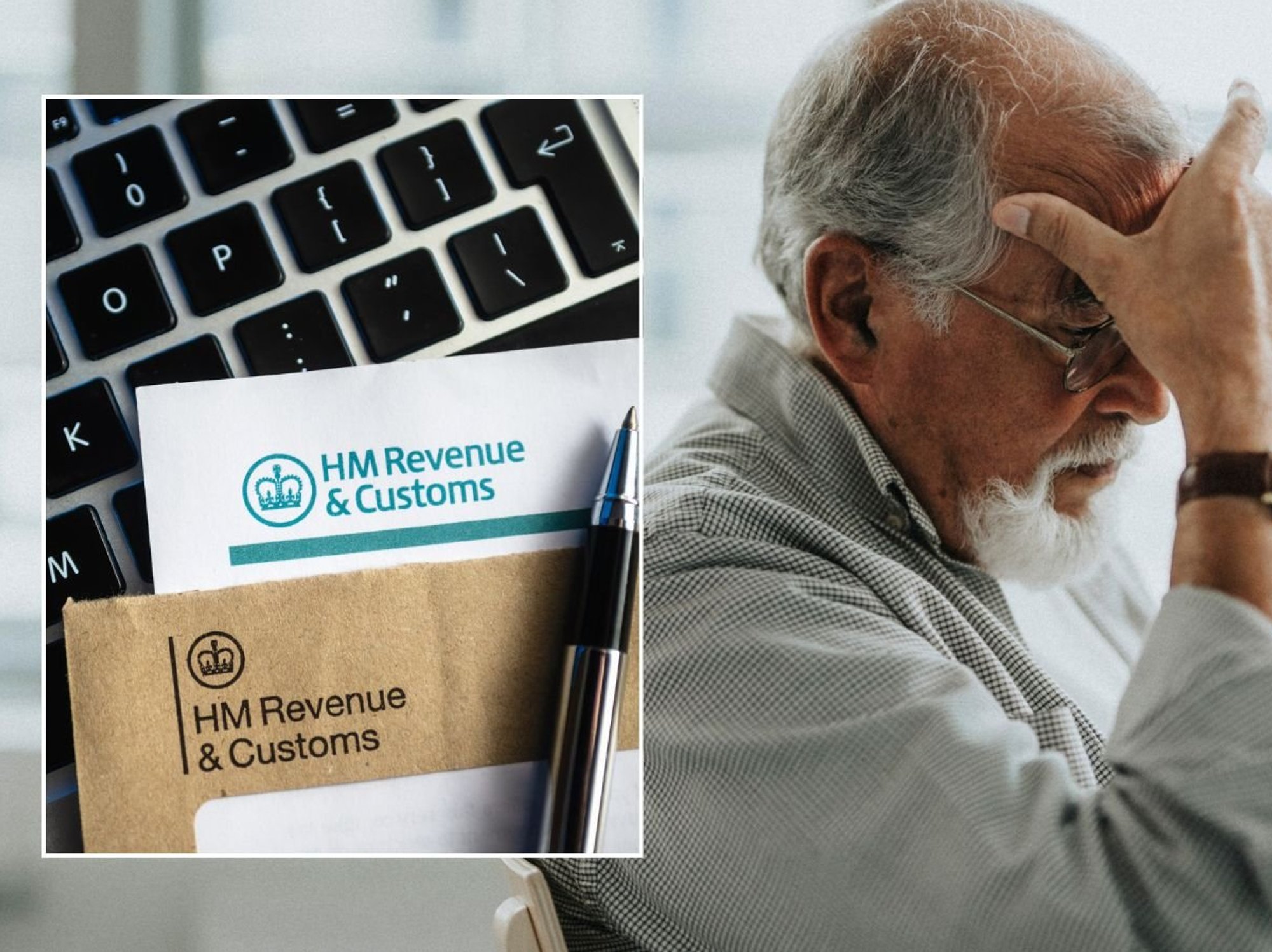Rachel Reeves to hit 2m homes with new property levy under council tax shake‑up

How could Rachel Reeves' mansion tax affect the housing market? |
GB News

Chancellor plans £600million surcharge on high-value homes with deferral scheme adding to inheritance tax burdens
Don't Miss
Most Read
Latest
Chancellor Rachel Reeves is preparing to introduce a property levy targeting 2.4 million of England's most valuable homes through a council tax revaluation.
The Treasury's plans would affect properties in bands F, G and H, representing one in ten homes in England, with a proposed £600million surcharge applied to hundreds of thousands of high-value properties.
The measure forms part of the Chancellor's strategy to focus on property wealth by using the existing council tax system to reassess the most expensive homes across the country.
Around 1.3 million middle-class families living in Band F homes could face several hundred pounds in additional annual charges under the new structure.
TRENDING
Stories
Videos
Your Say
Homeowners in the highest-value bands may be required to pay thousands of pounds more each year.
The Chancellor will allow households to defer the new levy until they sell their property or pass away.
The measure is intended to address concerns about pensioners and other "asset-rich, cash-poor" residents being forced out of their homes due to higher bills.
The deferral scheme would add another layer of cost for families dealing with estates, in addition to the existing 40 per cent inheritance tax.

Rachel Reeves plans £600million surcharge on high-value homes with deferral scheme
|GETTY
This means bereaved families could face a double financial burden, with the deferred property levy due alongside inheritance tax payments.
The policy particularly affects elderly homeowners who own high-value property but lack liquid assets to meet a larger annual tax bill.
The scheme would allow them to remain in their homes while accruing liabilities that would be settled by their estates.
Opposition parties have strongly criticised the proposals.
LATEST DEVELOPMENTS:
Conservative Party leader Kemi Badenoch described them as an "unjustified raid on pensioners who have done the right thing and worked hard their whole lives".
Writing in The Sunday Telegraph, Ms Badenoch said: "Measures like this don't just kill growth, but kill the forces of aspiration and hard work that help build our economy."
Sir Mel Stride, the Shadow Chancellor, called the plans "a new death tax by the back door".
Reform UK's deputy leader Richard Tice accused the Chancellor of breaking promises.

Reform UK's deputy leader Richard Tice accused the Chancellor of breaking promises
|GETTY
He said: "Rachel Reeves promised last year not to come back with more tax rises – she lied."
Mr Tice described the levy as "not only wrong but also cynical and cruel", arguing the Chancellor "should be cutting waste, not taxing British people into oblivion".
The Treasury is considering interest charges on deferred payments.
The move follows advice from the Institute for Fiscal Studies, which warned that inflation could erode the value of future revenue if interest is not applied.
Stuart Adam, a senior economist at the institute, said deferral options should function "like a commercial loan, not a giveaway" to ensure the exchequer maintains the real value of receipts.
The IFS supports deferrals "until sale of the property, death, or up to ten years" for households that genuinely need the option, but said interest must be included to discourage unnecessary use.
This approach would preserve the real value of future tax income while offering relief to homeowners who cannot immediately afford the new levy.
The Chancellor’s property plans follow her decision to abandon income tax rises on Friday, a move that unsettled bond markets.

Ms Reeves is expected to pursue other revenue-raising measures
| REUTERSMs Reeves is expected to pursue other revenue-raising measures, including freezing the personal savings allowance, which could generate £12billion across two tax years.
The Treasury is working to address a £20-30billion gap in public finances through a series of smaller tax measures and by extending existing threshold freezes.
At her previous Budget, the Chancellor froze income tax thresholds until 2028 and inheritance tax allowances until 2030, using fiscal drag to increase revenue without raising headline rates.
The Autumn Budget on November 26 will outline the full extent of the new measures and how they will impact millions of households across England.
Our Standards: The GB News Editorial Charter
More From GB News










